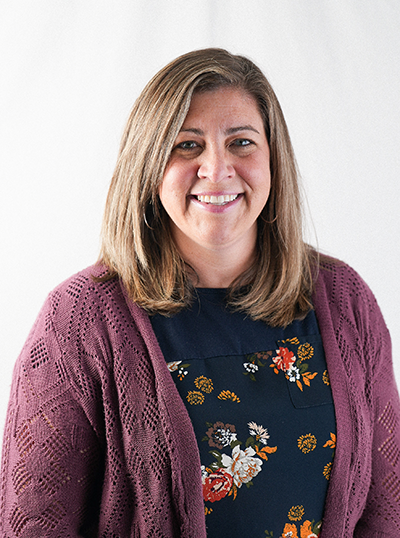
Master of Education in School Counseling
Become A Master in School Counseling
Master of Education in School Counseling
College of Education
Campus Location: Lincoln, Bellevue, Online
Degree Type: Graduate
The mission of the Master of Education in School Counseling program is to prepare students to become highly competent school counselors with the skills to implement a comprehensive school counseling program in a school setting serving the needs and goals of all students.
Through a series of coursework, practicum and internship experiences, candidates will qualify for a Nebraska School Counseling Endorsement.
As a graduate, you will:
- become skilled in the delivery of services within schools
- be knowledgeable about current trends in school counseling programs
- demonstrate the ability to establish and implement interventions to meet the needs of children and adolescents
- demonstrate the ability to collaborate with other school personnel, families and community services
- be able to conduct assessments of cognitive, behavioral and academic needs of children and youth

Program Information
Courses
Program Requirements
This endorsement requires 48 hours of coursework, 150 hours of school-based practicum experiences and 450 internship hours as designated by the Nebraska Department of Education.
Faculty and Staff

Rachel Catlett - Director, Master of Education School Counseling Program


Master of arts in school counseling students engage in a broad spectrum of knowledge and skills from various disciplines, such as psychology, sociology, social justice and ethics, which enhances their ability to support students in diverse and holistic ways. This well-rounded perspective helps school counselors develop an effective, equitable, data-driven and comprehensive school counseling program.
Master of arts in school counseling students connect with school districts, administrators, parents, students and community stakeholders to build strong collaborative relationships through listening, advocacy and multicultural awareness.
Throughout the school counseling program, students put into practice the four American School Counselor Association (ASCA) themes of advocacy, leadership, collaboration, and systemic change. They do this through coursework and by implementing the ASCA National Model framework. This practical application of their knowledge and skills enables them to develop a comprehensive school counseling program that meets all students' needs in academic, social/emotional, and career development.
Master of arts in school counseling students engage in a broad spectrum of knowledge and skills from various disciplines, such as psychology, sociology, social justice and ethics, which enhances their ability to support students in diverse and holistic ways. This well-rounded perspective helps school counselors develop an effective, equitable, data-driven and comprehensive school counseling program.
Master of arts in school counseling students connect with school districts, administrators, parents, students and community stakeholders to build strong collaborative relationships through listening, advocacy and multicultural awareness.
Throughout the school counseling program, students put into practice the four American School Counselor Association (ASCA) themes of advocacy, leadership, collaboration, and systemic change. They do this through coursework and by implementing the ASCA National Model framework. This practical application of their knowledge and skills enables them to develop a comprehensive school counseling program that meets all students' needs in academic, social/emotional, and career development.

